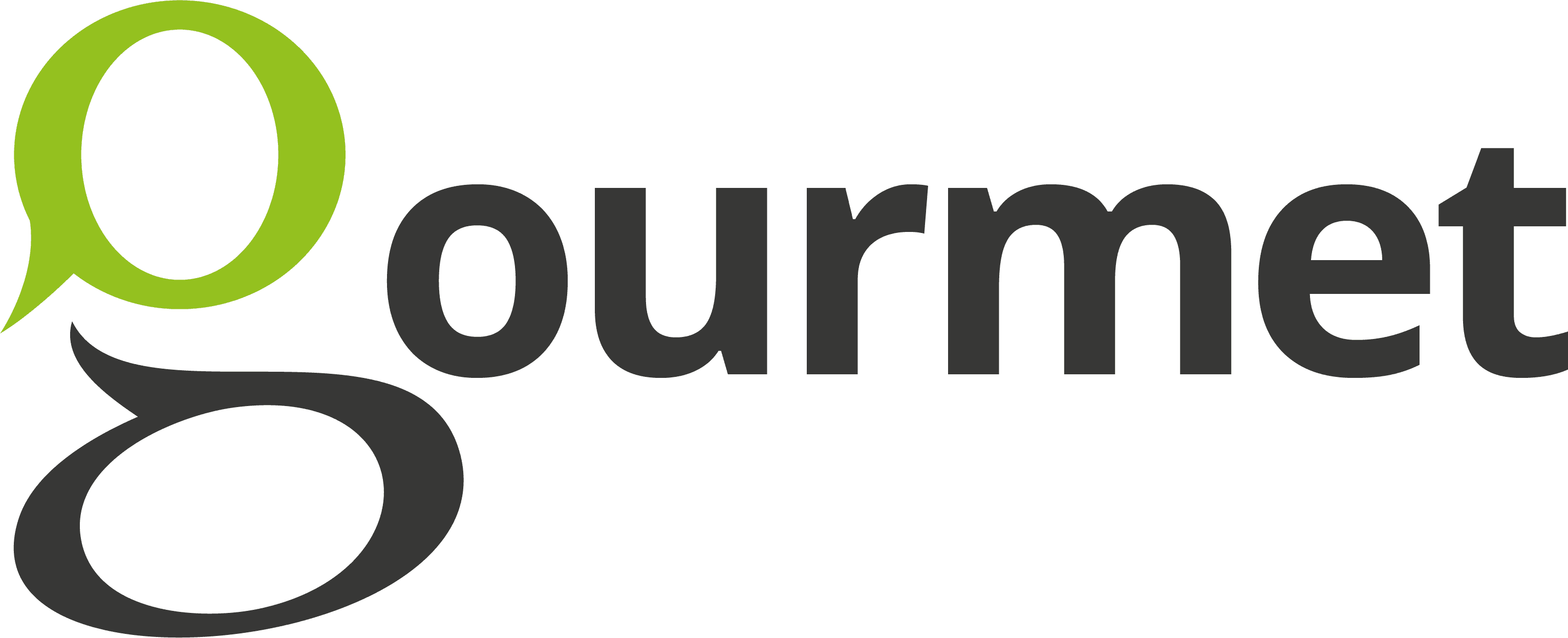New HLT Project GoURMET To Improve Machine Translation for Low-Resource Languages and Domains
,The name sounds very haute cuisine, but the only pot the GoURMET consortium will be stirring is that of Global Under-Resourced Media Translation: Started in January 2019 and funded by the EU's Horizon 2020 program, our latest human language technology (HLT) effort is all about improving the robustness and applicability of neural machine translation (NMT) to low resource languages and domains.
Low resource languages as in languages that don't have sufficient software/data/tools available (e.g. no DeepL and poor Google translation), and low resource domains as in domains with very specific lingo (e.g. the medical sector).
The main goals of GoURMET are to advance low resource NMT, create resources for rapid deployment of new language pairs, and develop handy tools for journalists and media analysts. Eventually, GoURMET hopes to establish its own learning models for low resource languages as well as an artificial intelligence (AI) system able to learn cross-lingually by itself. GoURMET will also help to extend the recently completed SUMMA platform, which is already used for multilingual media monitoring.
Low resource languages as in languages that don't have sufficient software/data/tools available (e.g. no DeepL and poor Google translation), and low resource domains as in domains with very specific lingo (e.g. the medical sector).
The main goals of GoURMET are to advance low resource NMT, create resources for rapid deployment of new language pairs, and develop handy tools fThe GoURMET consortium consists of five partners with a lot of experience in the field of HLT: The University of Edinburgh (overall coordinator), the University of Alicante (technical partner), the University of Amsterdam (technical partner), DW (media partner), and the BBC (media partner and platform developer).
The first "exotic" languages to be addressed will be Bulgarian (DW), Gujarati (BBC), Swahili (BBC and DW), and Turkish (DW). Hausa is on the extended list, and there are plans to eventually add more low-resource African, Indian, and Eastern European languages.
The consortium will explore three different use cases:
- International content creation (cutting-edge NMT + post editing, s. also project news.bridge)
- International media monitoring (s. also project SUMMA)
- International business news analysis (including "exotic" domains)
The project will run until until December 2021. To follow its progress, make sure to frequently visit the official GoURMET website and connect with GoURMET on Twitter.
GoURMET logo by GoURMET consortium.
"black swirl of letters" picture by Nathaniel Shuman.or journalists and media analysts. Eventually, GoURMET hopes to establish its own learning models for low resource languages as well as an artificial intelligence (AI) system able to learn cross-lingually by itself. GoURMET will also help to extend the recently completed SUMMA platform, which is already used for multilingual media monitoring.
